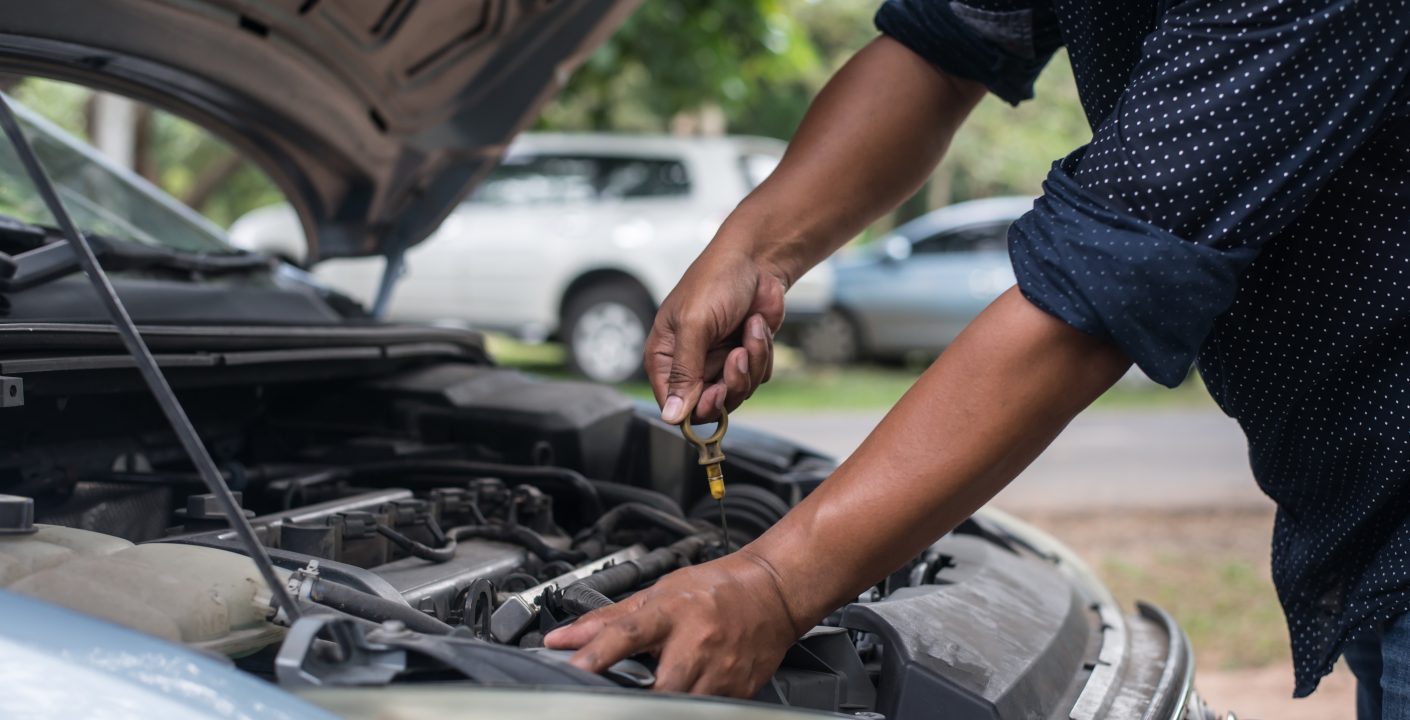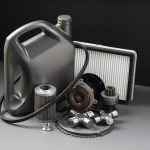Tips for Extending the Lifespan of Your Car’s Alternator

The car’s alternator is a vital component in your electrical system, responsible for generating electricity to power your vehicle’s systems and recharge the battery. Ensuring its longevity saves money on repairs and keeps your vehicle running smoothly. Here are some detailed tips to help extend the lifespan of your car’s alternator:
1. Regular Maintenance and Inspections
Regular maintenance is key to preventing alternator issues. Include the alternator in your routine vehicle inspections. Check for signs of wear, such as frayed belts, loose connections, or unusual noises. Catching problems early can prevent more significant issues later.
2. Keep the Electrical System in Check
Ensure your car’s electrical system is in good condition. Faulty wiring or poor connections can place additional strain on the car’s alternator. Have a professional check the system periodically, especially if you notice flickering lights or other electrical anomalies.
3. Avoid Overloading the Electrical System
Modern vehicles are equipped with numerous electrical accessories, but overloading the system can overwork the alternator. Avoid using too many electrical devices simultaneously, such as the stereo, headlights, air conditioning, and other gadgets. Consider upgrading your alternator if you have added aftermarket electrical components like powerful audio systems.
4. Properly Maintain the Battery
A healthy battery reduces the strain on the car’s alternator. Ensure your battery terminals are clean and free of corrosion. Regularly check the battery’s health and replace it when it starts showing signs of failing, such as slow cranking or dim lights. An old or weak battery can cause the alternator to work harder than necessary.
5. Drive Regularly and Avoid Short Trips
Frequent short trips can prevent the alternator from fully charging the battery, leading to increased wear. Try to include longer drives in your routine to ensure the battery gets a full charge. This reduces the load on the alternator and helps maintain its efficiency.
6. Check the Drive Belt
The drive belt, or serpentine belt, is crucial for the alternator’s operation. Regularly inspect the belt for signs of wear, cracks, or fraying. Ensure it is properly tensioned. A loose or worn belt can slip, causing the alternator to work harder or even fail.
7. Keep the Alternator Clean and Dry
The alternator should be kept clean and free from oil, dirt, and other contaminants. Ensure the engine bay is regularly cleaned and that no fluids are leaking onto the alternator. Moisture and dirt can cause the alternator to overheat or short-circuit.
8. Use Quality Replacement Parts
Invest in high-quality parts when it comes time to replace the alternator or any related components. Cheap or substandard parts can fail prematurely, placing additional strain on the alternator. Quality parts ensure better performance and longevity.
9. Monitor Warning Signs
Pay attention to warning signs that your car’s alternator might be struggling. Symptoms include dimming lights, a whining noise from the engine bay, a warning light on the dashboard, or difficulty starting the car. Addressing these issues promptly can prevent further damage.
10. Professional Assistance
Whenever you suspect an issue with your alternator, seek professional assistance. Experienced mechanics can accurately diagnose and fix problems, ensuring your alternator remains in good working condition.
By following these tips, you can extend the lifespan of your car’s alternator and maintain the overall health of your vehicle’s electrical system. Regular maintenance, mindful usage of electrical accessories, and prompt attention to potential issues are key to keeping your car’s alternator running efficiently for a long time.







